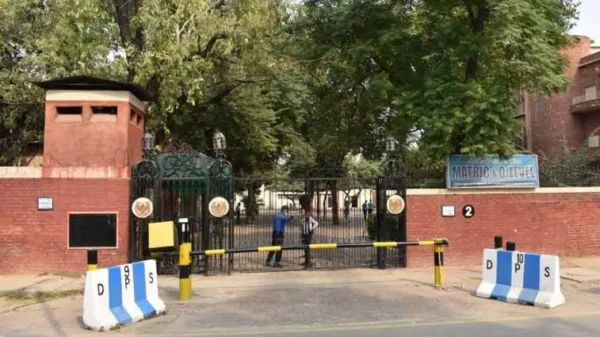South Korean Defense Minister Kim Yong-hyun has resigned following the fallout from President Yoon Suk-yeol’s brief and controversial imposition of martial law, the president’s office announced on Thursday.
“Today, the President accepted the resignation of Minister of National Defense Kim Yong-hyun, approved his dismissal, and nominated Ambassador to Saudi Arabia Choi Byung-hyuk as the new ministerial candidate,” the statement read.
Kim apologized for the turmoil caused by the martial law declaration, taking full responsibility. “All troops who performed duties related to martial law were acting on my instructions, and all responsibility lies with me,” he said in a statement via the Defense Ministry.
Choi Byung-hyuk, a retired four-star general and South Korea’s ambassador to Saudi Arabia, has been nominated as Kim’s successor.
This development follows President Yoon’s declaration of martial law earlier in the week, the first such measure in over 40 years. The decision was swiftly overturned just hours later after unanimous opposition from lawmakers and nationwide protests.
The martial law, reminiscent of South Korea’s military-backed governments of the past, had authorized the deployment of soldiers, tanks, and armored vehicles to suppress anti-government demonstrations.
Impeachment Efforts
The opposition Democratic Party, alongside smaller parties, has introduced a joint motion to impeach President Yoon, accusing him of violating democratic principles with the martial law order. They had earlier submitted a separate motion to impeach Kim Yong-hyun, alleging he recommended the martial law declaration.
The impeachment motion against Yoon was introduced in a parliamentary session on Thursday, with a vote required within 72 hours. To pass, the motion needs the support of two-thirds of the National Assembly, or 200 out of 300 members.
Yoon’s ruling People Power Party (PPP) has announced its opposition to the motion. Choo Kyung-ho, the PPP’s floor leader, indicated that the party is considering various strategies, including boycotting the vote or voting against the motion.
If the impeachment motion passes, Yoon would be stripped of his presidential powers until the Constitutional Court reaches a verdict. During this period, Prime Minister Han Duck-soo, the government’s second-in-command, would assume presidential duties.










